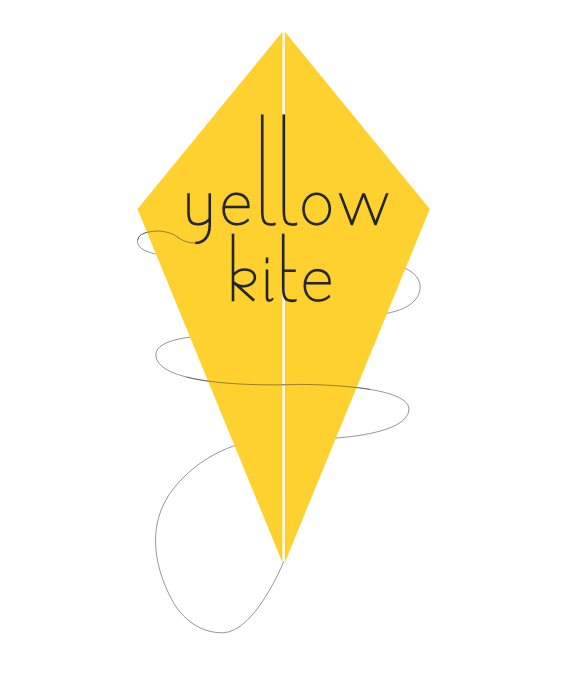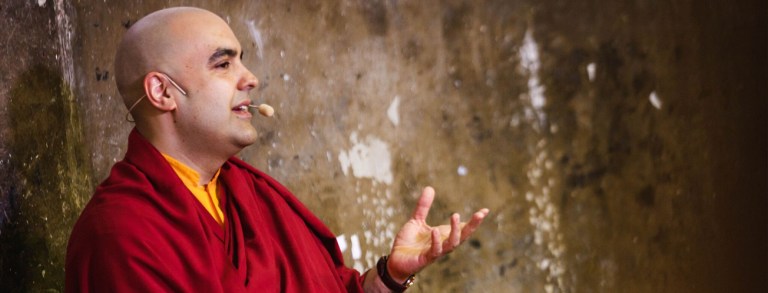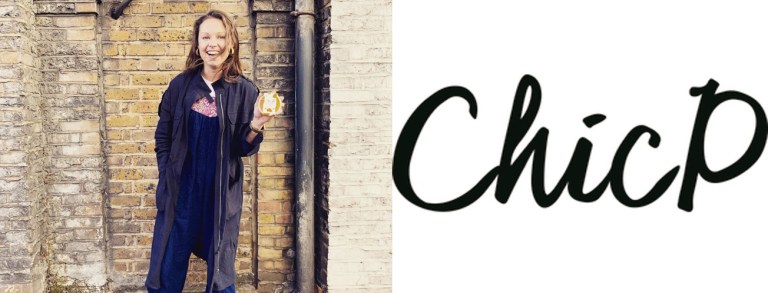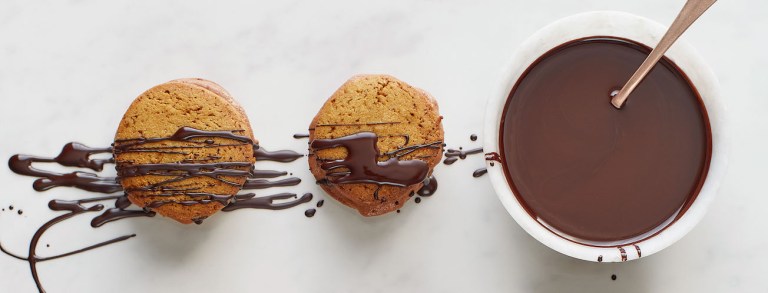How To Be Less Anxious: A Life Tonic by Jody Shield
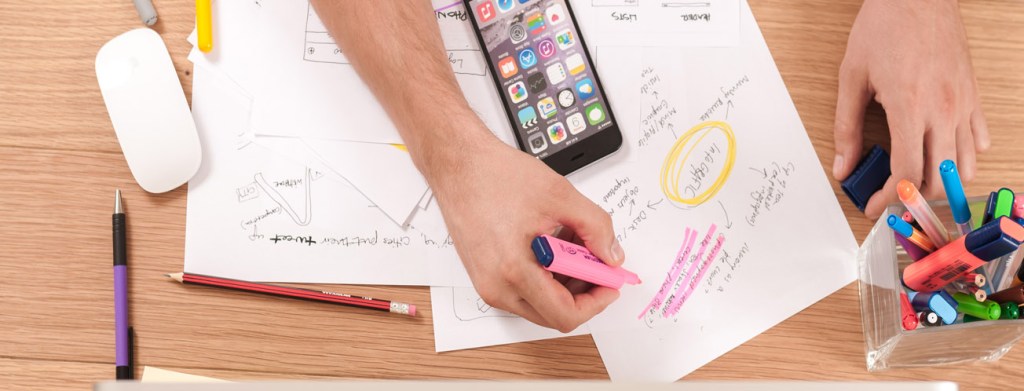
When’s the last time you felt anxious? Often it’s hard to tell, as we’re so used to it being a part of who we are. The symptoms come on suddenly and can quickly become overpowering.
- The mind races so it’s hard to think straight.
- The chest feels tight and tense so it’s hard to breathe properly.
- The heart flutters, aches and closes down.
- The tummy twists and contorts so it’s hard to eat anything.
- The palms sweat and it’s easy to lose your grip.
- The mouth dries so that nothing quenches your thirst.
It can feel as if you’re losing control of your life and everything’s slipping away. As the symptoms intensify, you begin to hyperventilate and/or forget to breathe. In that moment you’re
frozen with fear and locked inside your negative mind.
For some of us anxiety is ever-present. It’s a fact of life, waiting behind the scenes to take us down.
For most of us it’s not there all the time, but comes on when we have a deadline, a presentation or something challenging to do. Intense dreams during the night can make us wake up
in an anxious mood. There are many triggers that can send us into a spin. Sometimes we feel anxious, and when we analyse it we realise we’ve no idea why.
So why are we anxious?
Anxiety is a response to fear. So far, we’ve picked up lots of reasons to believe that life can be one big nightmare, full of unease, doubt and outright panic. We carry a big bag of worries around with us. We live in fear, and it takes only the tiniest trigger to set us off. If we continue this way our brain goes into overdrive and eventually short-circuits.
We’re hard-wired to react to stress and fear in our outside world. We’ve been doing it since we were hunter-gatherers and running away from tigers and wild beasts. When we were in danger back then, the body released adrenaline and cortisol (the stress hormones) to get energy to our muscles so we could run away. Running burned off the stress hormones, then afterwards we’d rest, recover and get on with our lives.
And now that we don’t have to run for our lives? It’s the urban jungle we live in fear of. The stress reaction is activated each time we have a fear-based thought. Since we’re living in almost constant fear, we keep producing cortisol and adrenaline and feeling more and more anxious. When we feel anxious, we feel fear again and we release more stress hormones. It’s a vicious cycle that’s hard to break. The faster you become aware of all this, the faster you’ll heal.
Anxiety is a part of our lives.
Some degree of worry is useful in modern life, because it reminds us to take our PowerPoint presentation to the conference, or to work out a way to calm the boss even though it’s been impossible to reach the target he set. But next time you find yourself dwelling on a worry, ask yourself what’s really going on.
Tools to help you be less anxious:
1. TAPPING ON FEELING ANXIOUS. Tapping is a very effective tool for coping with anxiety. Before you tap, take out your notepad and make some notes about how your anxiety makes you feel: for example, “thoughts are out of control, mind is racing, feeling out of place”. You can either use these specific phrases as tapping targets or use the ones I’ve suggested below.
Ask yourself how anxious you are on a scale of 0 to 10, with 10 being the most anxious.
Tap with the first three fingers (index, middle and ring fingers) of one hand onto the outside edge of the other hand, the karate-chop point. Repeat the phrases below out loud while tapping on the specific points.
Karate-chop point: “Even though I’m feeling very anxious right now, I deeply and completely accept who I am and how I feel.” (Repeat three times.)
Eyebrow point: “I’m so anxious right now . . .”
Side of the eye: “. . . and I can’t think straight.”
Under the eye: “My mind is racing.”
Top lip: “I’m so self-conscious.”
Chin: “I’m feeling so uncomfortable.”
Collarbone: “My thoughts are out of control.”
Underarm: “There’s too much going on in my mind.”
Top of the head: “I just can’t think straight.”
Do a couple of rounds of these shorter phrases until you feel calmer, and then move on to the below:
Eyebrow point: “I’m willing to surrender.”
Side of the eye: “Worrying doesn’t serve me.”
Under the eye: “There has to be another way.”
Top lip: “I’m willing to surrender.”
Chin: “I choose to surrender now.”
Collarbone: “There has to be another way.”
Underarm: “I choose to relax now.”
Top of the head: “And know I’m a good person.”
Do a couple of rounds of this, until you feel more positive. To finish, take some nice, deep breaths in and thank yourself for calming yourself down.
2. EMPTY THE FEAR BIN. Fears can only control you when they’re hidden. Once you name your fears, they become less powerful. So if you’re feeling anxious and it’s getting more intense, it can help to list your fears out loud. I watched a video of author Sonia Choquette empty the fear bin with a presenter and it make so much sense. Do this with your partner or a friend you trust. Arrange for them to be on call, either by phone, Skype or in person. Explain that you want to empty your “fear bin”, and you need their help to coax everything out of you. Begin by listing all that you feel afraid of. Your fears might sound like this: “I’m afraid I’m going to fail”, “I’m afraid of making a mistake”, “I’m afraid of getting it wrong”. Ask whoever is helping you to interject gently and keep asking “What else?” when they feel you closing up or running out of steam. Listing all your fears and bringing them into the light of day will take the power away from them.
3. PARTY WITH IT. Invite your anxiety to come out and party with you. Sit somewhere quiet – it could be on a toilet seat if you’re at work. Close your eyes and take some nice, deep breaths into your body. Notice where you feel the anxiety in your body. Is it in your stomach, or heart or chest? Sit with it, breathe into it and invite it to be here more strongly. That might sound like a crazy idea but the more you invite the anxiety to be present, the less it will be. Anxiety sits in the wings, whispering into your ear. It doesn’t like being in the light with you, so it waits until you are worried, negative and weak, and makes a move. Don’t wait until then; invite it to be fully here and present with you now. If it’s going to ruin your life, it may as well do so in style and be brave enough to come out and face you (of course, it won’t).
4. DAILY MEDITATION IS MEDICATION. A morning meditation will make you instantly feel more balanced, centred and strong in yourself. You’ll find a selection to try in the book, or on my website.
